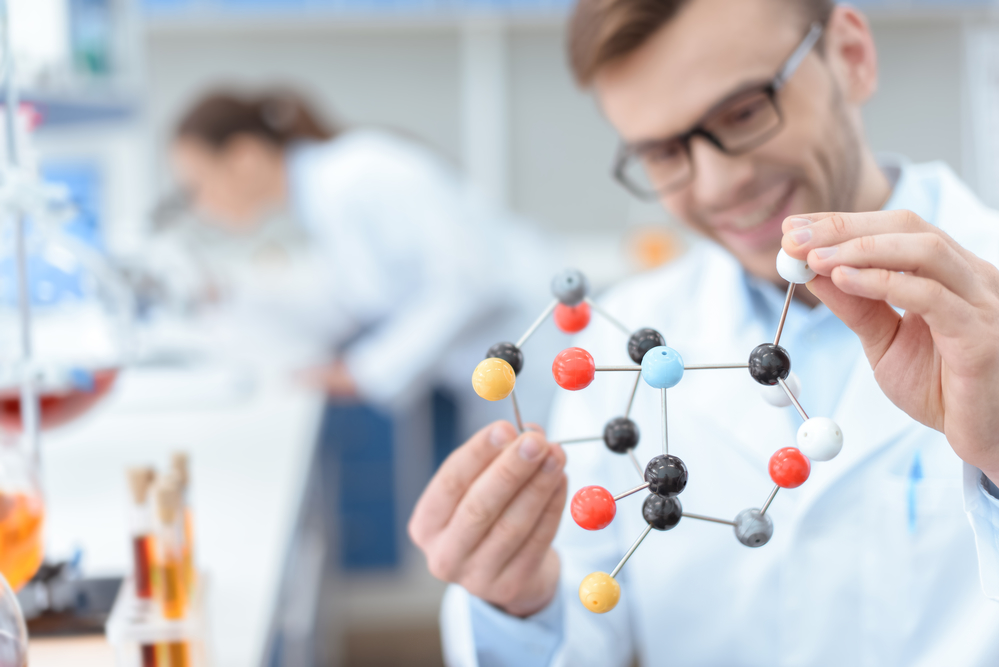Are ginsenosides good for lung cancer patients?

Lung cancer patients who received chemotherapy or surgery usually suffer from easy tiredness, insomnia, poor appetite and reduced immunity. They tend to find some supplements for improving their physical performance. Ginseng, as a well-known health-booster with various health benefits, becomes one of their choices.
Is ginseng really good for lung cancer patients? This question is very common for those who have little knowledge about ginseng. Actually, what really works against cancerous cells is not ginseng, but its active ingredients ginsenosides. Furthermore, rare ginsenosides, which are prepared and metabolized from prototype ginsenosides, have stronger anticancer effects. Some well-known rare ginsenosides include Rh2, Rg3, Rk2, Rh3 and aPPD.
Now, the question should be whether ginsenosides are good for lung cancer patients. A number of studies support the potential of ginsenosides to be cancer therapeutic agents.
Researchers from Key Lab of Drug Metabolism and Pharmacokinetics, China Pharmaceutical University in Nanjing, China investigated whether ginsenosides can be used as an adjuvant to enhance the therapeutic effects in human non-small lung cancer treatment.
They examined the synergistic effects of total ginsenosides extract with Mitomycin C, an anticancer antibiotic used in the treatment for non-small cell cancer.
In vitro experiments, researchers found that ginsenosides significantly enhanced the Mitomycin C-induced cytotoxicity against non-small lung cancer cells. Besides, they confirmed the synergistic effects of the ginsenosides in combination with Mitomycin C in vivo experiments.
The study can provide evidence for an optimal therapy for non-small cell lung cancer. Mitomycin C, like many anticancer drugs, can cause side effects. The study results showed that ginsenosides can potentially enhance the cytotoxicity of Mitomycin C, which means a lower required concentration of Mitomycin C can be given to kill cancer cells, and therefore, side effects lung cancer patients suffer can be reduced.
Previous studies also indicated the synergistic effects of the combination of ginsenosides with chemotherapy drugs. A Clinical study by Chinese scientists also confirmed the therapeutic effects of ginsenoside Rg3 on the lifespan of patients with non-small cell lung cancer after surgery.
In the randomized and controlled trial, 134 patients with non-small cell lung cancer were divided into 3 group: Ginsenoside Rg3 group, combined group ( Ginsenoside Rg3 plus chemotherapy), and the chemotherapy group. The results showed that the combined group had the highest 1-, 2- and 3-year survival rates. The mechanism for this might be linked to improving the immune function and antitumor angiogenesis.
The clinical study also indicated that when combined with chemotherapy, ginsenosides can help achieve a synergistic benefit.
Since ginsenosides can enhance the efficacy of chemotherapy, people in some countries have widely used ginsenoside products as an adjuvant therapy for lung cancer. The products with multiple highly active ginsenosides including Rh2, Rh3, Rk2 and aPPD are currently available on the Amazon. Always remember to consult with your healthcare professional before taking any supplements.


